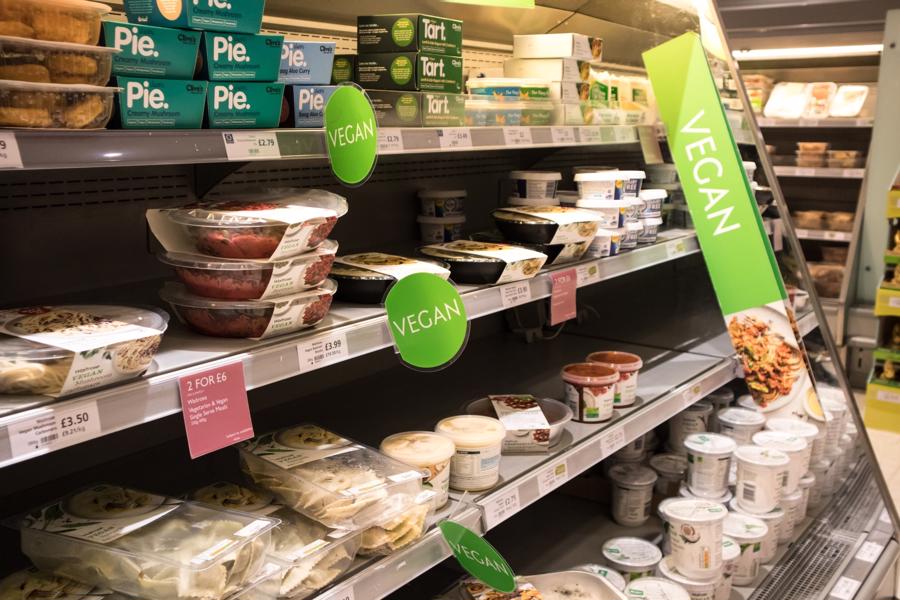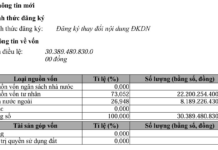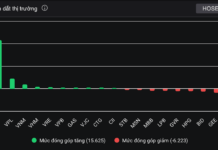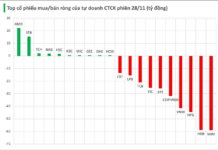A recent report by Kantar Singapore reveals that one in four people worldwide now follow a flexible vegetarian diet, with the largest group belonging to the progressive Millennial generation. Trezelene Chan, Director of Sustainability at Kantar Singapore, notes that the new global consumer trend is to incorporate more plant-based products into their diets.
Previously, the percentage of people consuming purely plant-based foods (vegans) was 7% of the population. Now, there is a shift towards flexible vegetarianism, which involves mostly plant-based foods with some animal products like eggs and dairy, or intermittent vegetarianism.
According to SCMP, Cyrus Luk Siu-lun, a dietitian and executive committee member of the Hong Kong Dietitians Association, shared that numerous studies have linked the increased consumption of healthy plant-based foods to a reduced risk of chronic diseases, including type 2 diabetes, liver disease, cardiovascular issues, digestive problems, some eye conditions, and even depression and anxiety. Plant-based foods can help lower our risk of diabetes and heart disease, improve cognitive health, and provide other benefits.

Meanwhile, highly processed foods have come under scrutiny from health authorities in recent years. However, due to the general consumer perception that vegetarian and ready-to-eat plant-based foods are inherently healthy, few pay attention to the potential harm these products can cause when heavily processed.
Published in Lancet Regional Health – Europe, a recent study found that products like meat alternatives, “mock meats,” soft drinks, and cakes increase the risk of heart attacks and strokes. Fernanda Rauber, the lead author of the study and a researcher at the Center for Epidemiological Research in Nutrition and Health at the University of São Paulo in Brazil, stated, “The artificial flavors of these products can be addictive, making it hard for them to appreciate the natural flavors of real food, such as fruits and vegetables.”
The researchers achieved this by utilizing data from over 118,000 adults in the UK BioBank—a large database that tracks the health, lifestyle, and genetic information of volunteers aged 40 to 69 in the UK. In this long-term study, participants answered questions about their diets, habits, and environments on various occasions and provided biological samples, health, and medical records.
According to the collected results, those who consumed more ultra-processed foods were more likely to die from cardiovascular disease. Specifically, for every 10% increase in calories derived from ultra-processed plant-based foods, there was a corresponding 5% increase in the risk of heart disease and a 6% increase in the risk of coronary artery disease.
In contrast, for every 10% increase in the consumption of unprocessed plant-based foods, participants reduced their risk of coronary artery disease by 8% and their risk of death from this disease by 20%. They also lowered their risk of death from any other cardiovascular disease by 13%.
According to the study, ultra-processed foods include: cookies, cakes, packaged bread and cereals; French fries, potato chips; candy, soft drinks; salad dressings, fruit juices, frozen pizza; and plant-based meat alternatives, including vegetarian meat and sausages…

The authors suggest that food additives, high amounts of salt, sugar, and industrial contaminants present in ultra-processed vegetarian foods can cause oxidative stress and inflammation in the body. Plant-based meat alternatives like vegetarian sausages and protein products are not as healthy as we once thought. Their consumption has been linked to an increased risk of cardiovascular disease.
The real culprit is believed to be ultra-processed foods of “plant origin” in general, not just meat alternatives. However, plant-based foods include items that one might not expect—for example, chocolate-covered cookies, frozen pizza, and soft drinks—which are extremely unhealthy.
According to Live Science, a recent study found that vegetarians and vegans consume more ultra-processed foods than meat-eaters. Additionally, highly processed meats, such as sausages and salami, are associated with a higher risk of death from all causes and, more specifically, colorectal cancer.
It is still unclear exactly how ultra-processed foods can harm our health. Some studies point to the high levels of salt, sugar, and saturated fat in these foods, while others suggest that the ultra-processing removes beneficial nutrients and disrupts the food’s internal structure.
During industrial processing, foods are also subjected to extreme pressure and temperatures, which can transform additives into harmful compounds. Two compounds commonly formed during food processing, acrolein and acrylamide, have been found to promote cardiovascular disease. In contrast, moderately processed plant-based foods contain fiber, polyphenols, phytosterols, and other compounds that reduce inflammation and enhance overall health.

Therefore, expert Rauber advises consumers to avoid ready-to-eat packaged products with long lists of colorants, sweeteners, flavor enhancers, emulsifiers, and other additives that one would not use when cooking at home. “When buying food or processed products, the best tip is to read the ingredient list. Buy foods that only contain ingredients you recognize and would typically use in your kitchen,” says Rauber.
In Vietnam, ready-to-eat vegetarian foods are very convenient, as people only need to buy and prepare them like regular meals. Some pre-cooked foods only require reheating before consumption. As a result, it is challenging for buyers to determine the safety of these vegetarian dishes.
Moreover, to ensure texture and flavor similar to animal-based products, manufacturers of vegetarian foods add food additives, flavorings, colorants, shaping agents, and anti-mold agents. Each of these ingredients poses potential risks to food safety.
Therefore, to safeguard the health of vegetarians, nutrition experts advise caution when choosing vegetarian foods. It is recommended to purchase vegetarian foods from reputable brands, preferably with food safety certifications, and to increase the consumption of fresh or lightly cooked (steamed or boiled) fruits and vegetables.
The Great Imposter: Fake Binh Phuoc Cashews Flood the Market
The Vietnam Cashew Association has urged the People’s Committee and relevant authorities to take action against the sale of low-quality cashew products and those falsely claiming to originate from Binh Phuoc.







































